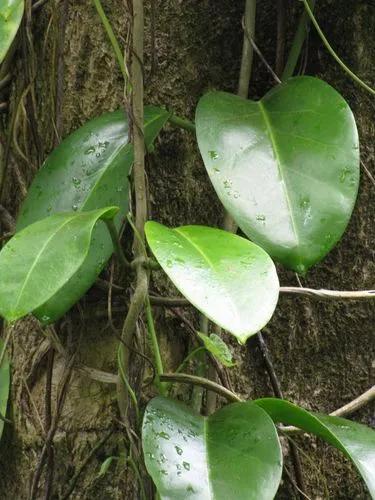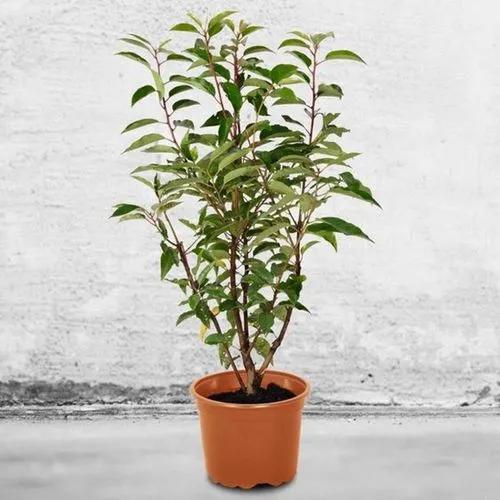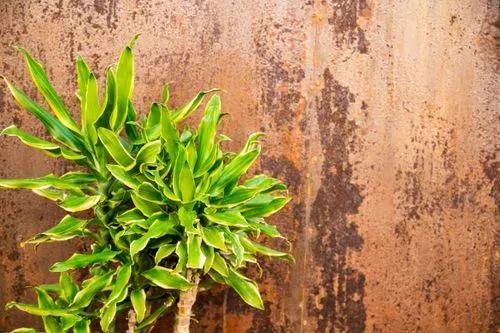For those looking for unusual palm species, the Ruffled fan palm will add an exotic touch. Straight from the Vanuatu islands in the Pacific, this plant has proper exotic vibes and spruces up any interior.
Ruffled fan palm Care
Licuala grandis



You can identify Ruffled fan palm by the names of Licuala grandis, Vanuatu fan palm or Palas palm. The plant can grow 10 feet (3 m) tall if planted outside and 6 feet (2 m) tall if planted in a pot. Its glossy, ruffled leaves resemble a fan, hence the main name of the plant.
How to Care for the Plant

Water

Vanuatu fan palms prefer the topsoil to dry out before they are watered again. Make sure to feel the soil before giving your plant a drink and adjust the watering frequency according to the season.

Pruning

The splendid leaves of the Ruffled fan palm require no pruning. However, keep an eye on the plant and remove the dead leaves as it matures.

Fertilizer

Fertilize your Licuala grandis in spring and summer. It will suffice to feed it with a slow-release fertilizer witn an NPK ratio of 15-5-10 twice a year.

Sunlight

Ruffled fan palms are sensitive to direct sunlight and prefer partial or even complete shade. That is why it is ideal to place them a few feet away from an east-facing window. If there is too much light, the leaves will turn brown, so you can monitor the plant and move it accordingly.

Soil

Sandy soils are best for your Palas palm. Clay or loam soils will also work as this plant is not particularly picky as long as the potting medium dries well enough.

Propagation

The Ruffled fan palm produces suckers that you can transfer to different pots when you repot your parent plant. You can also propagate your plant from seeds, but it will take longer and should be done in spring.

Temperature

The best news is that this plant is cold-hardy and can tolerate even 32˚F (0˚C) once it is at least one year old. However, any temperatures that are lower put your palm at risk.

Container

Licuala grandis doesn’t need special pots provided there are drainage holes and a pot saucer. Also, try to repot your plant every 2-3 years to freshen up its soil.

Fun fact

The Ruffled fan palm produces green fruits that turn red once they ripen. Try to find the seeds inside the berries and grow more palms if you wish!

Popularity

2,228 people already have this plant 355 people have added this plant to their wishlists
Discover more plants with the list below
Popular articles






